Life Fitness cable machines are a staple in gyms for a reason: they offer unmatched versatility, smooth resistance, and the ability to isolate muscles or train full-body with minimal setup. Whether your goal is to build strength, improve definition, or enhance functional movement, these machines can adapt to your needs.
Why Choose Cable Machine Workouts?
Cable machines allow constant tension throughout the movement, which engages stabilizing muscles you might miss with free weights alone. They are joint-friendly while still providing a challenging workout, making them an excellent option for beginners and advanced lifters alike.
With adjustable pulleys and multiple attachment options, you can seamlessly transition between upper-body, lower-body, and core exercises without needing multiple machines or heavy setups.
Effective Life Fitness Cable Machine Exercises to Try
Here are highly effective exercises you can incorporate into your training:
-
Cable Chest Fly: Targets your chest while maintaining constant tension, promoting hypertrophy without stressing your shoulder joints.
-
Single Arm Cable Row: Improves back thickness and unilateral strength, helping correct imbalances.
-
Cable Tricep Pushdown: Isolates your triceps with controlled resistance, reducing elbow strain often experienced with heavier free-weight alternatives.
-
Cable Face Pull: Strengthens your rear delts and upper back, improving posture and shoulder stability.
-
Cable Squats: Using the cable for counterbalance, you can achieve a deeper squat with core engagement, ideal for building lower body strength.
-
Cable Woodchoppers: Excellent for rotational core strength and stability, enhancing functional fitness for everyday movement and sports.
Building a Full-Body Routine
A balanced cable machine workout can include:
-
Warm-up: 5 minutes of dynamic stretching.
-
Compound Movement: Cable squats (3 sets of 12 reps).
-
Pulling Exercise: Single-arm cable rows (3 sets of 10 reps per arm).
-
Pushing Exercise: Cable chest fly or standing cable press (3 sets of 12 reps).
-
Isolation: Cable tricep pushdowns and bicep curls (3 sets of 12 reps each).
-
Core Finisher: Cable woodchoppers (3 sets of 15 reps per side).
Rest 45-60 seconds between sets, adjusting the weight to ensure you maintain good form while challenging your muscles.
A Personal Note on Training with Cable Machines
I still remember the first time I incorporated a consistent cable routine into my workouts. My shoulder stability improved dramatically, and I noticed I could train more frequently without joint discomfort. Cable machines allowed me to fine-tune my form, control the weight precisely, and build confidence in movements I had previously avoided due to discomfort with free weights. They’ve been a reliable cornerstone in my training, whether for building strength or staying active during recovery phases.
Tips for Maximizing Your Cable Machine Workouts
-
Focus on form over weight to ensure muscle engagement and joint safety.
-
Adjust the pulley height to match the exercise for the most effective resistance angle.
-
Incorporate tempo training, such as a slow eccentric phase, to increase time under tension.
-
Change attachments periodically to target muscles differently and keep training engaging.
Final Thoughts
Life Fitness cable machine workouts can transform your training experience, offering flexibility, safety, and effectiveness whether you’re training at home or in a commercial gym. By including cable machine exercises in your routine, you can build muscle, enhance functional fitness, and train consistently without compromising your joints.
Consistency is key—commit to a structured cable workout plan, track your progress, and enjoy the gains and confidence that come with it.


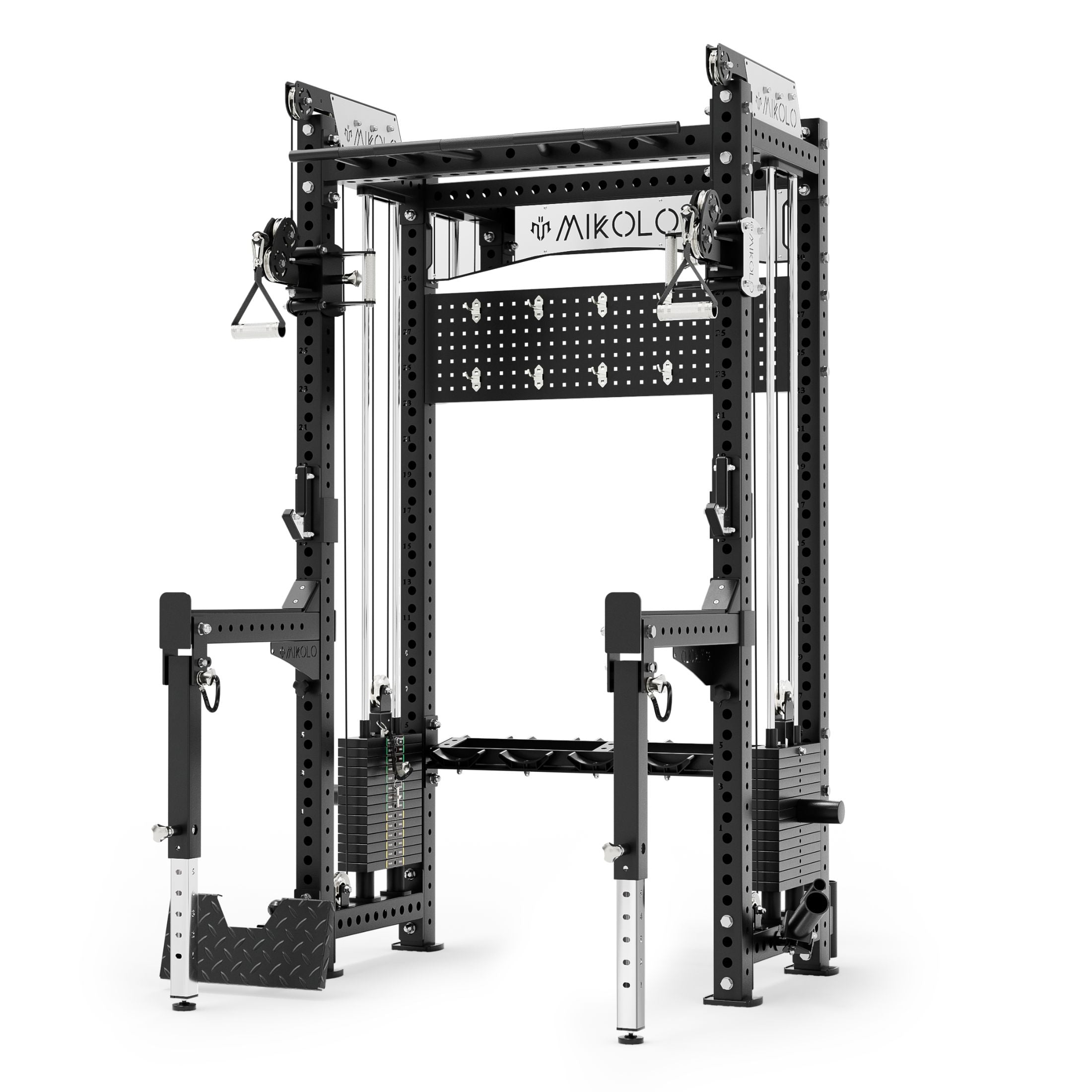




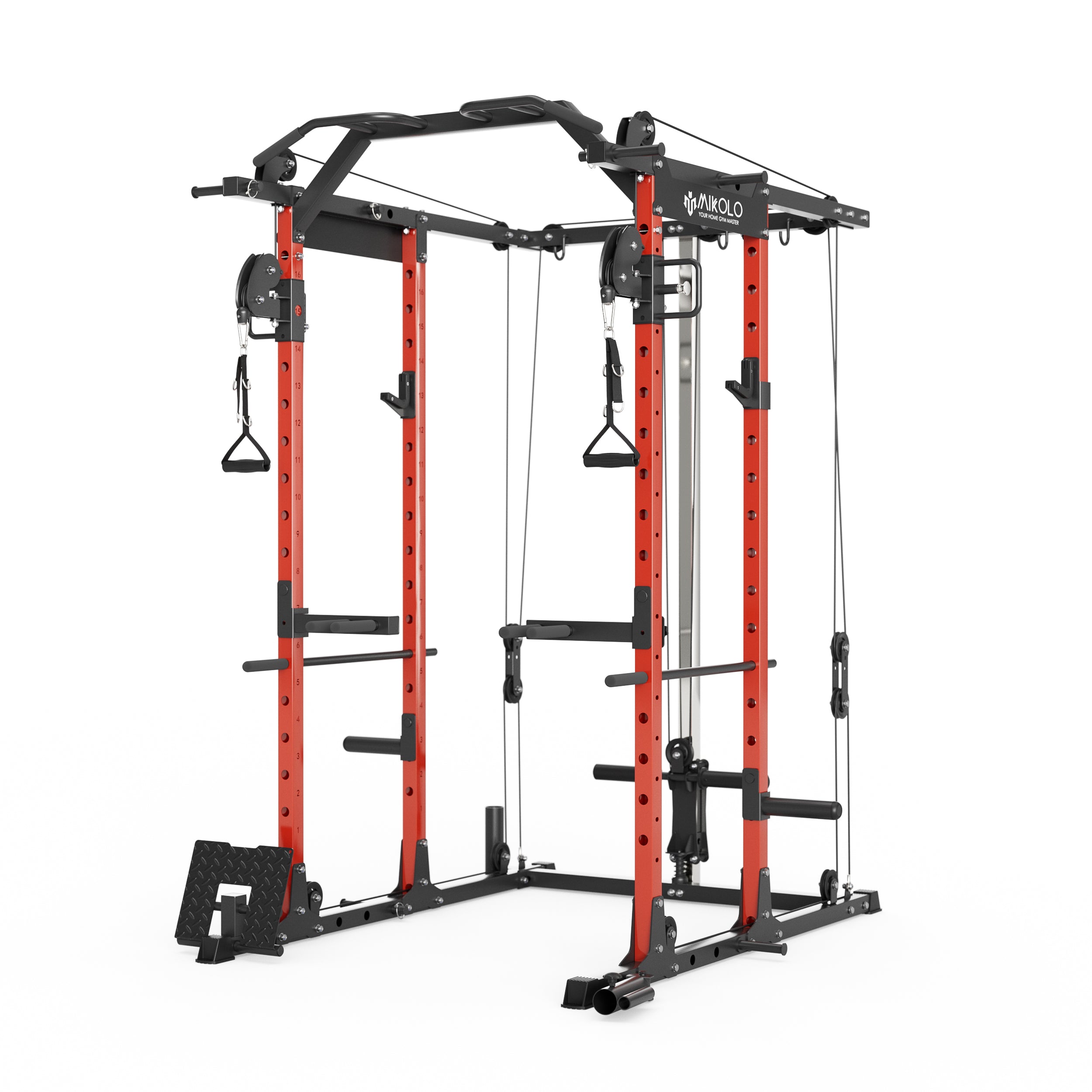
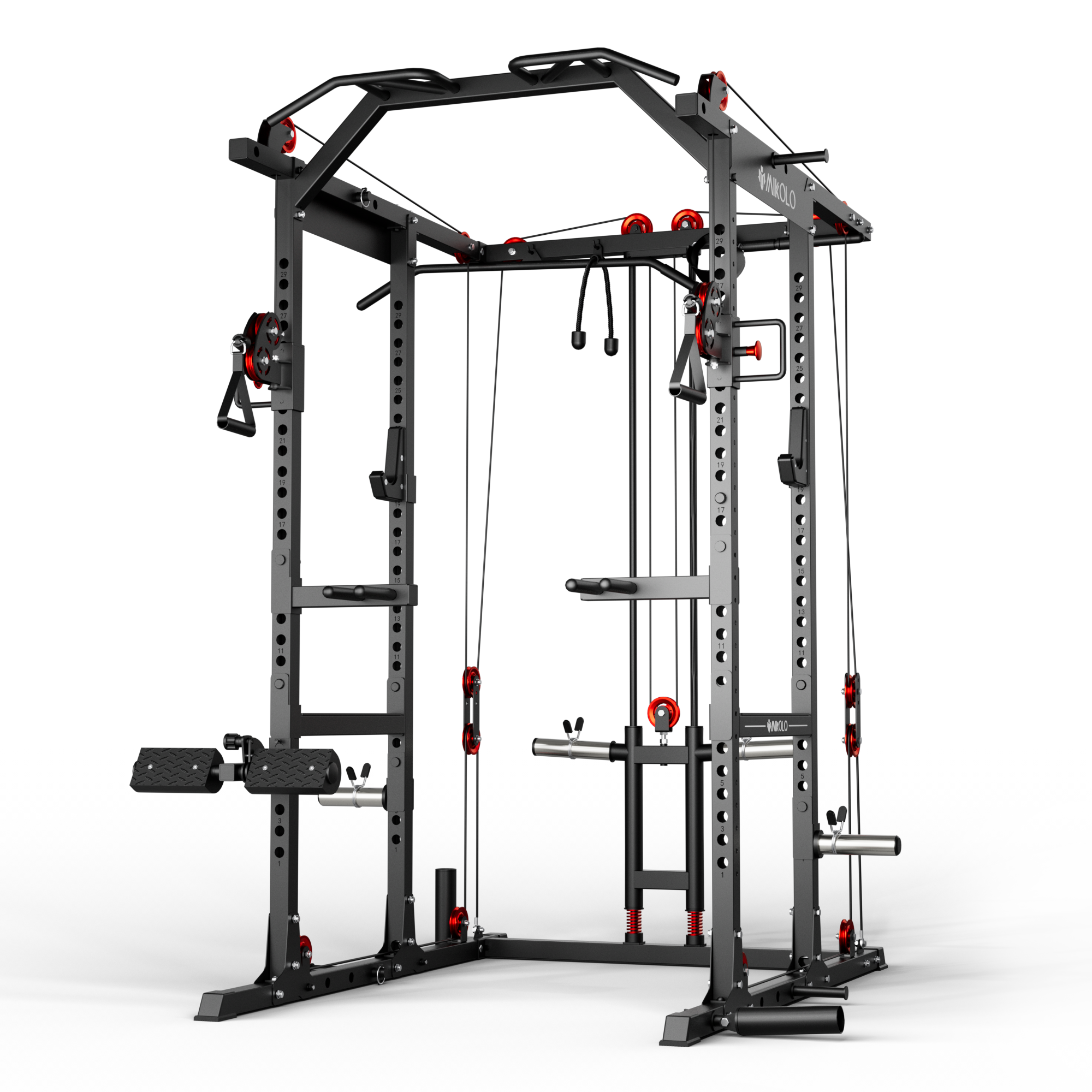

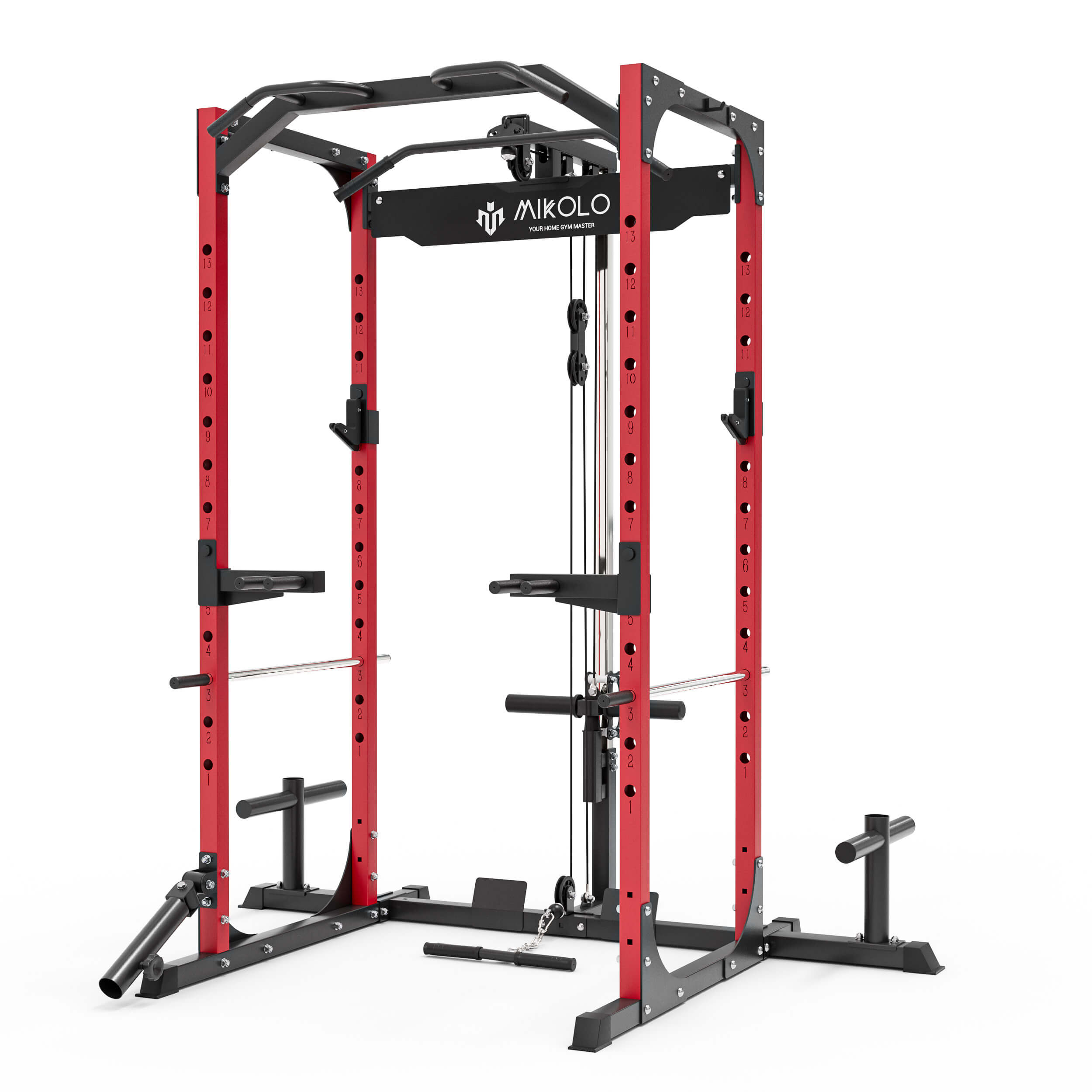



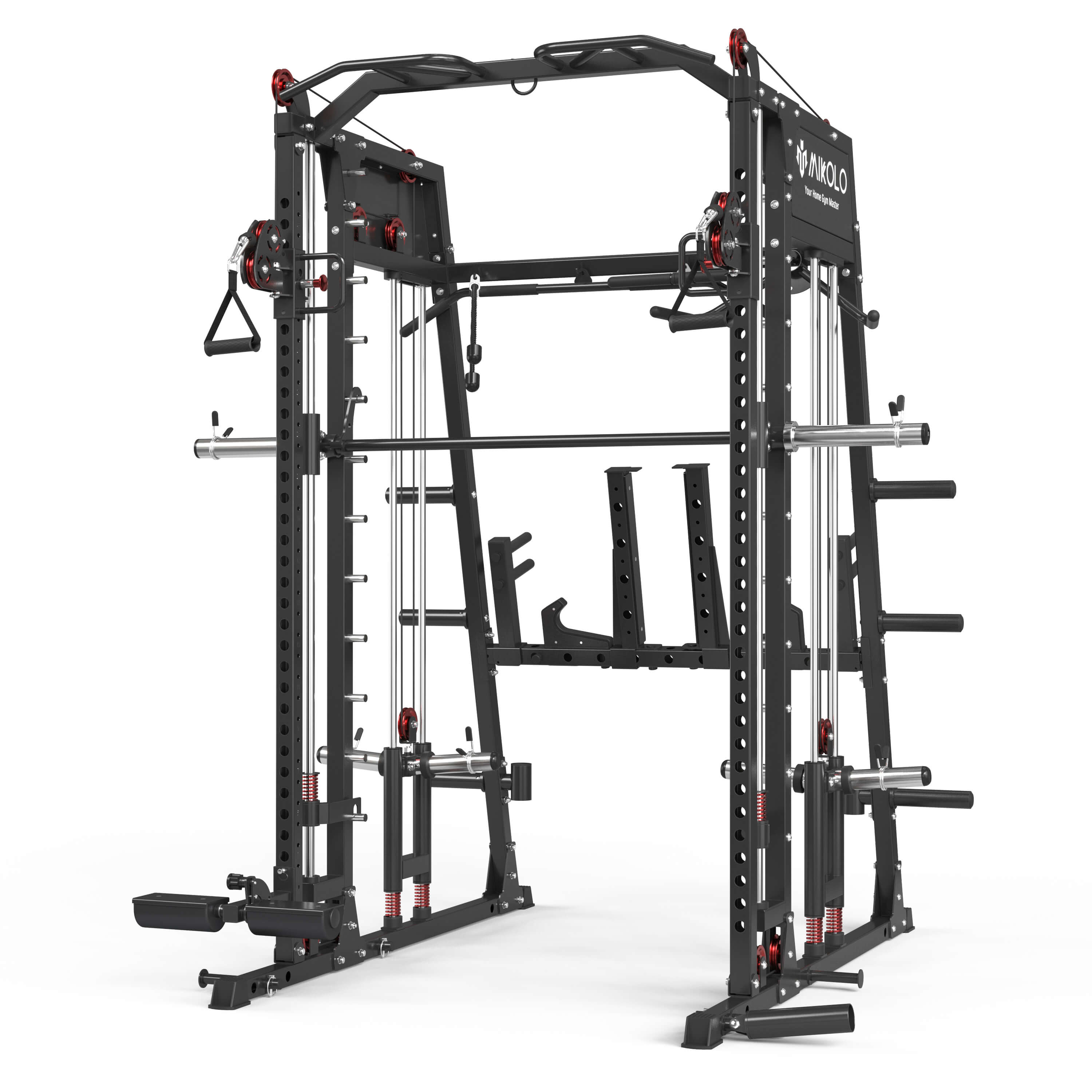


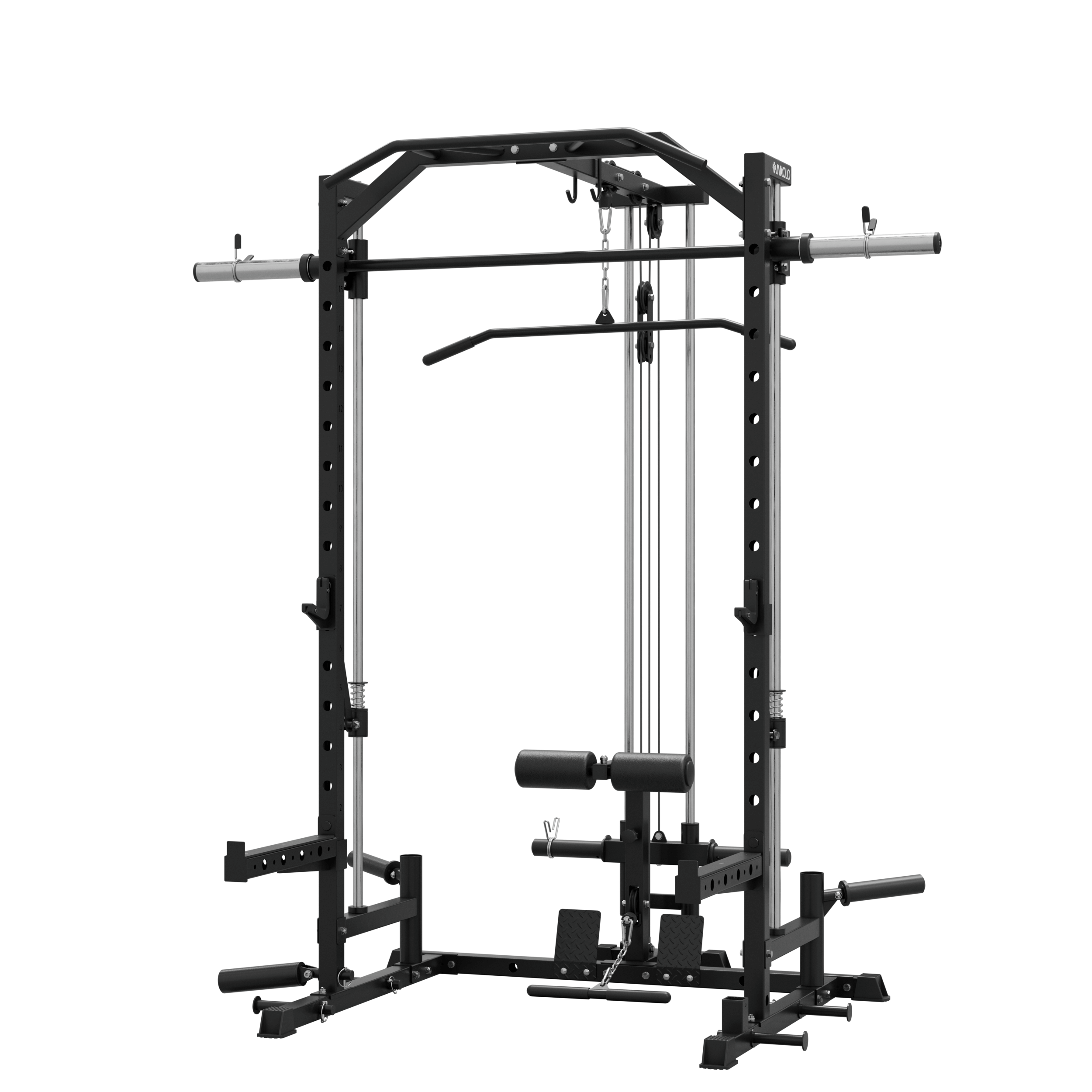
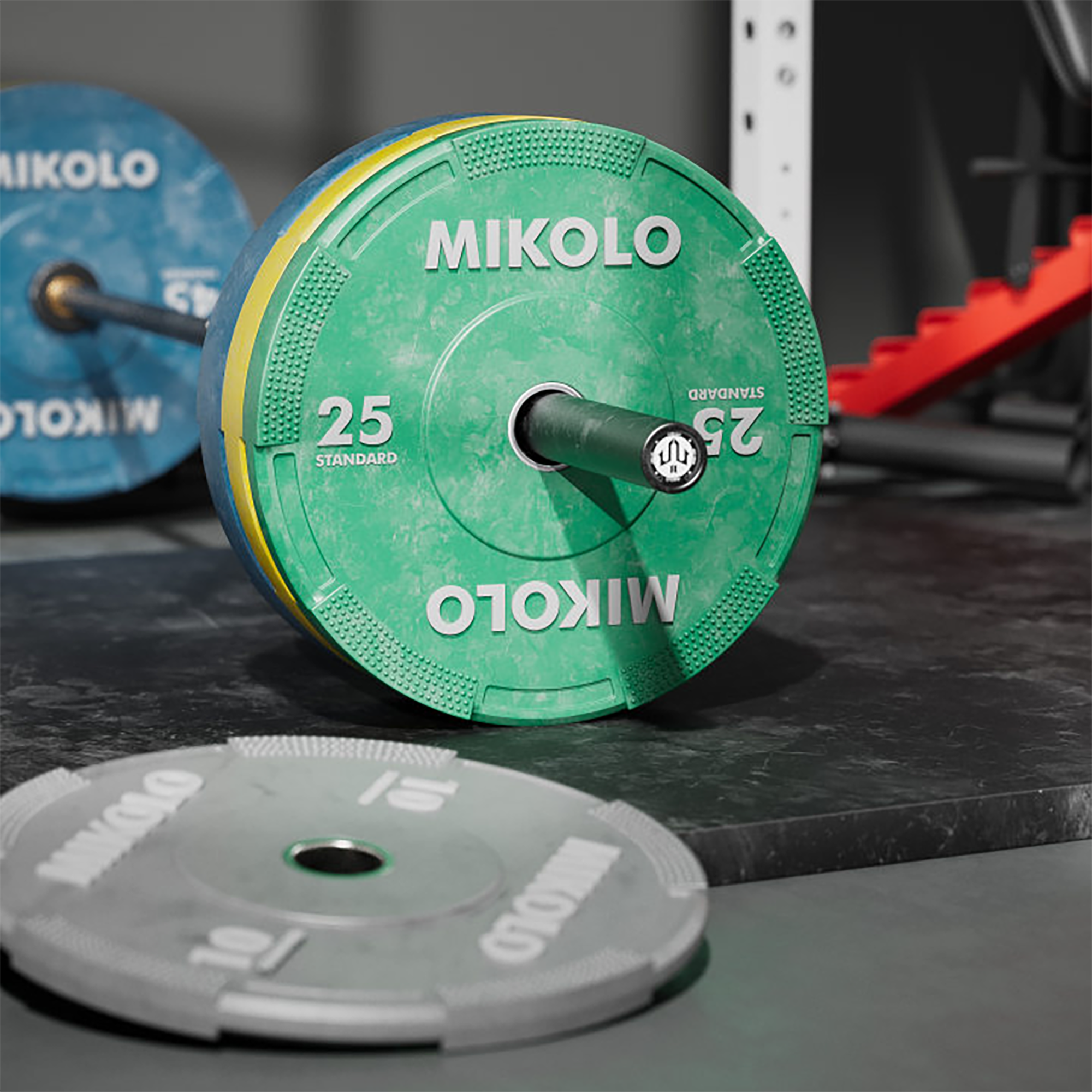


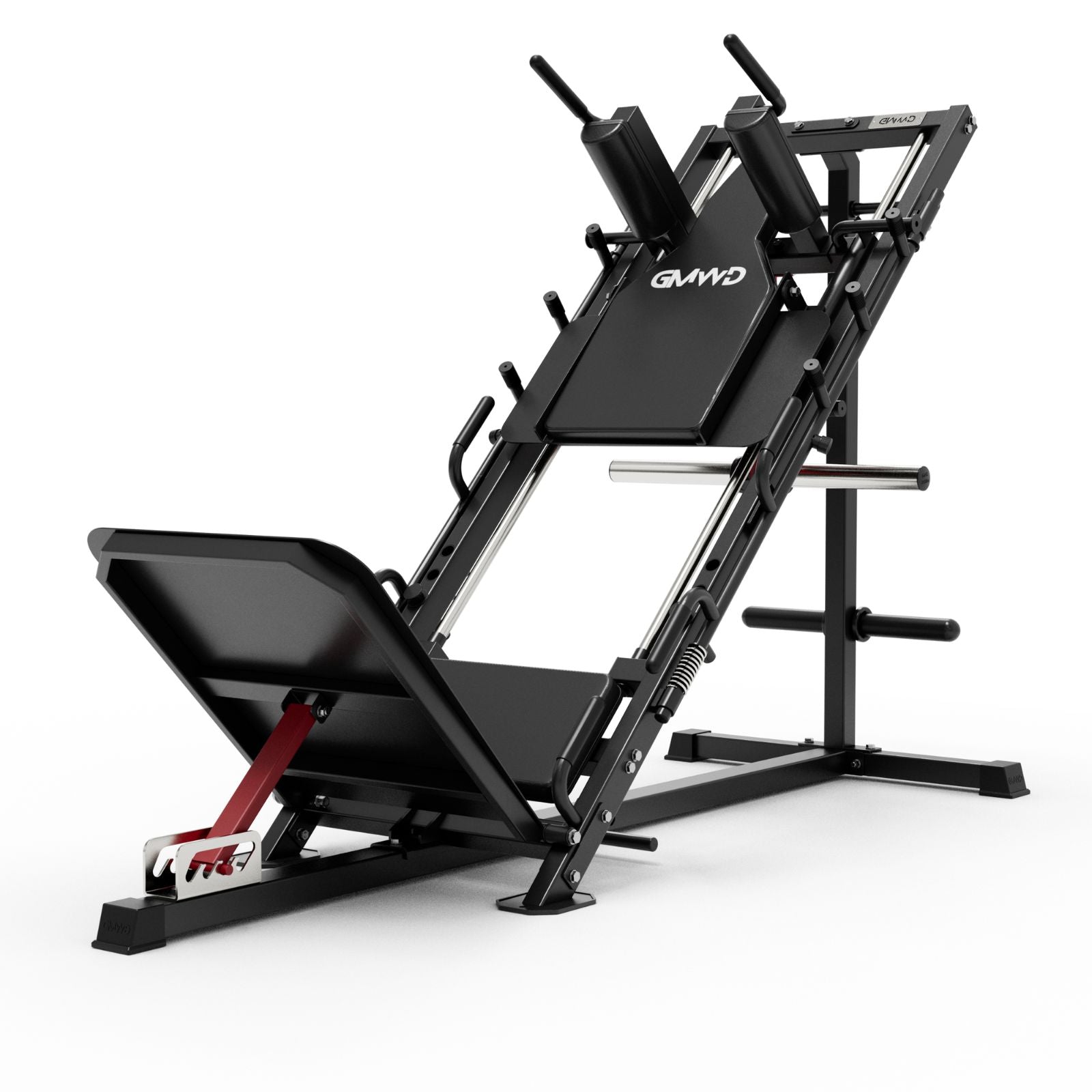


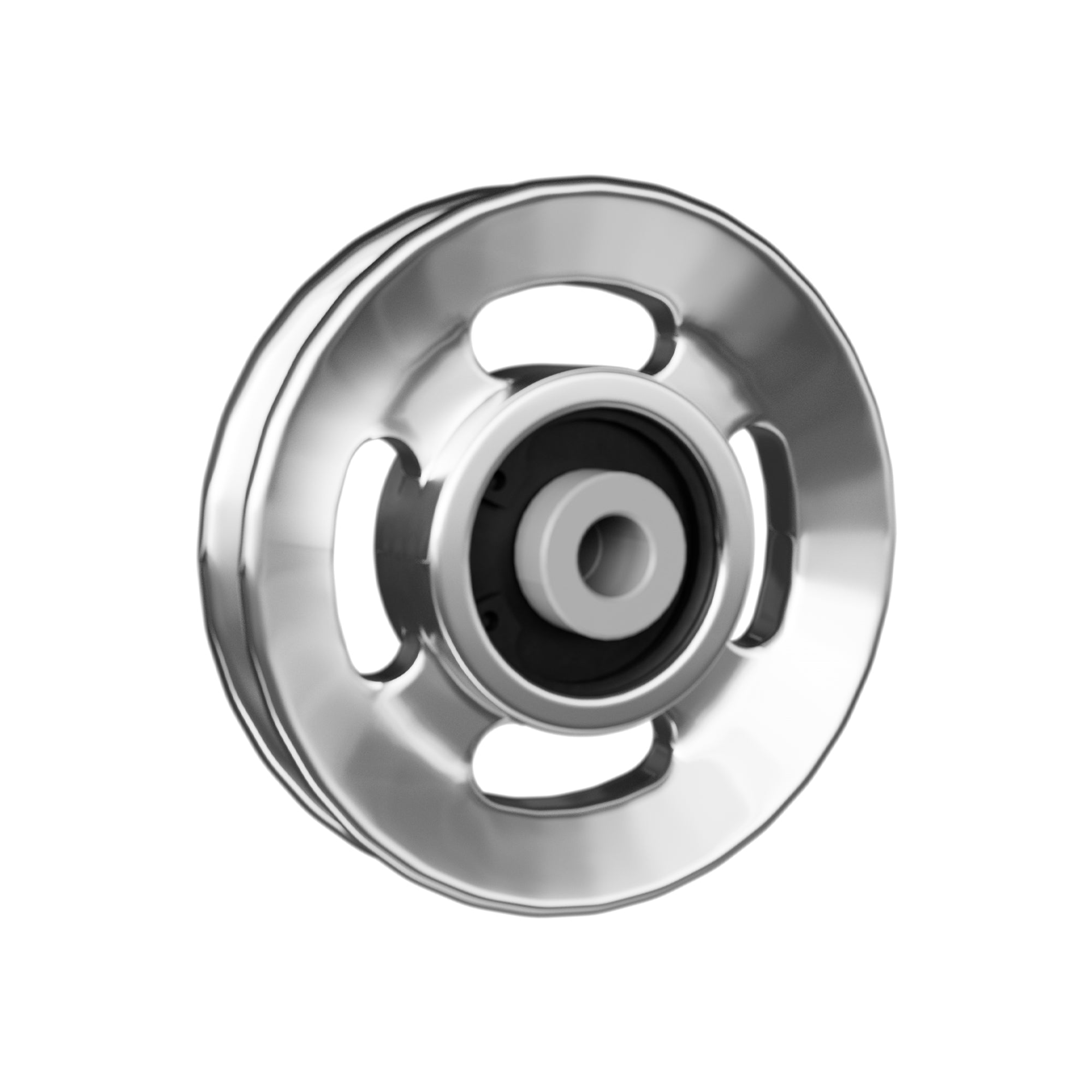
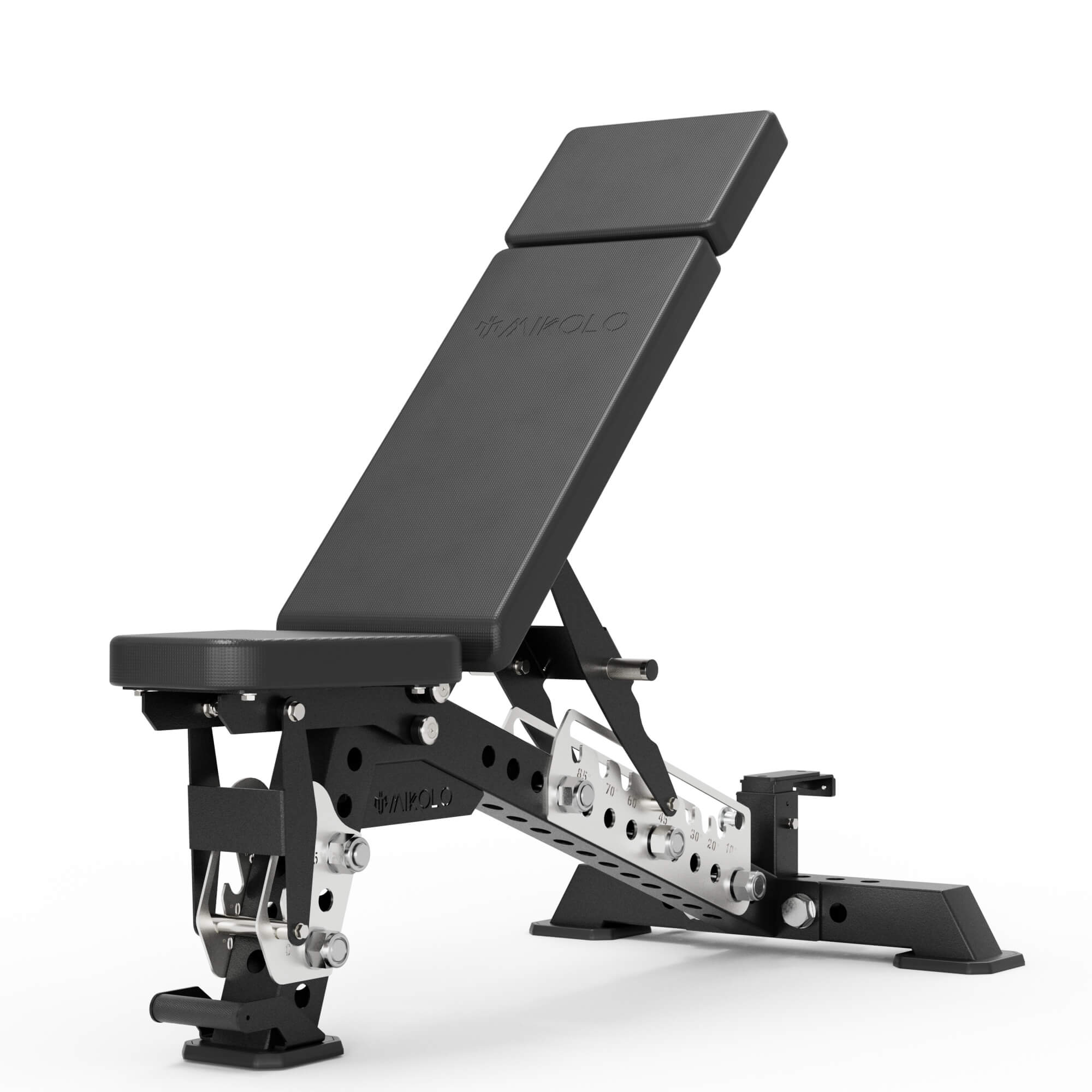
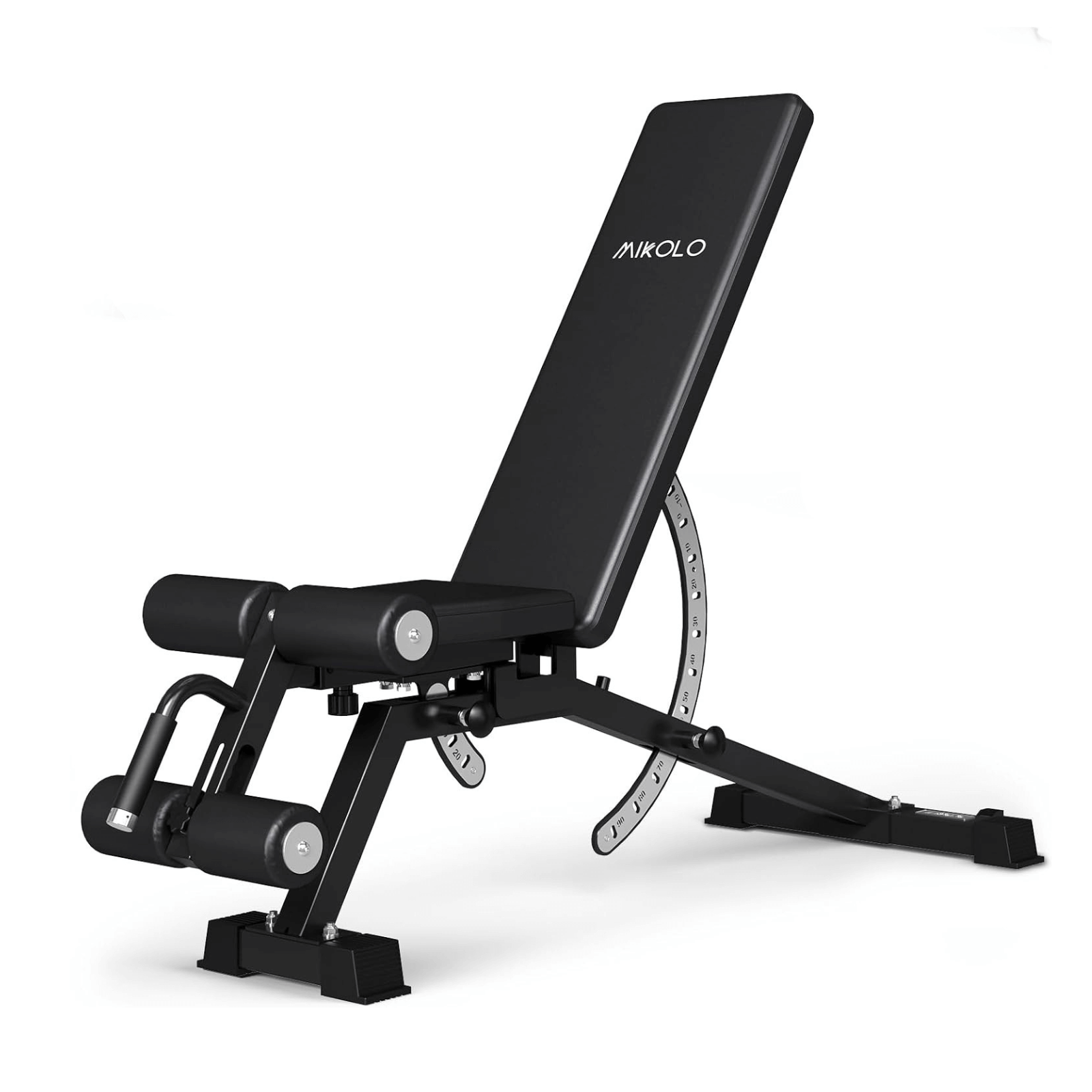



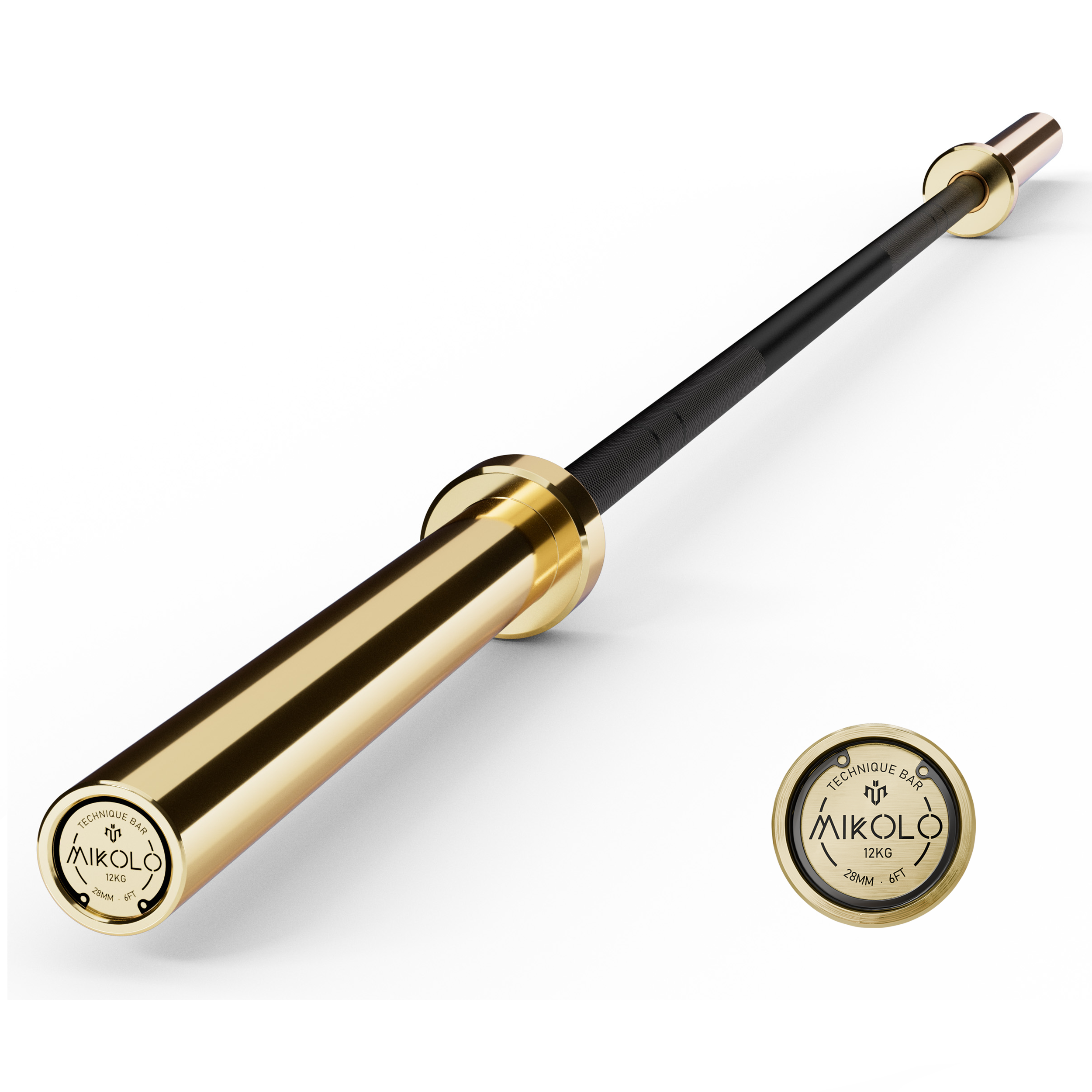
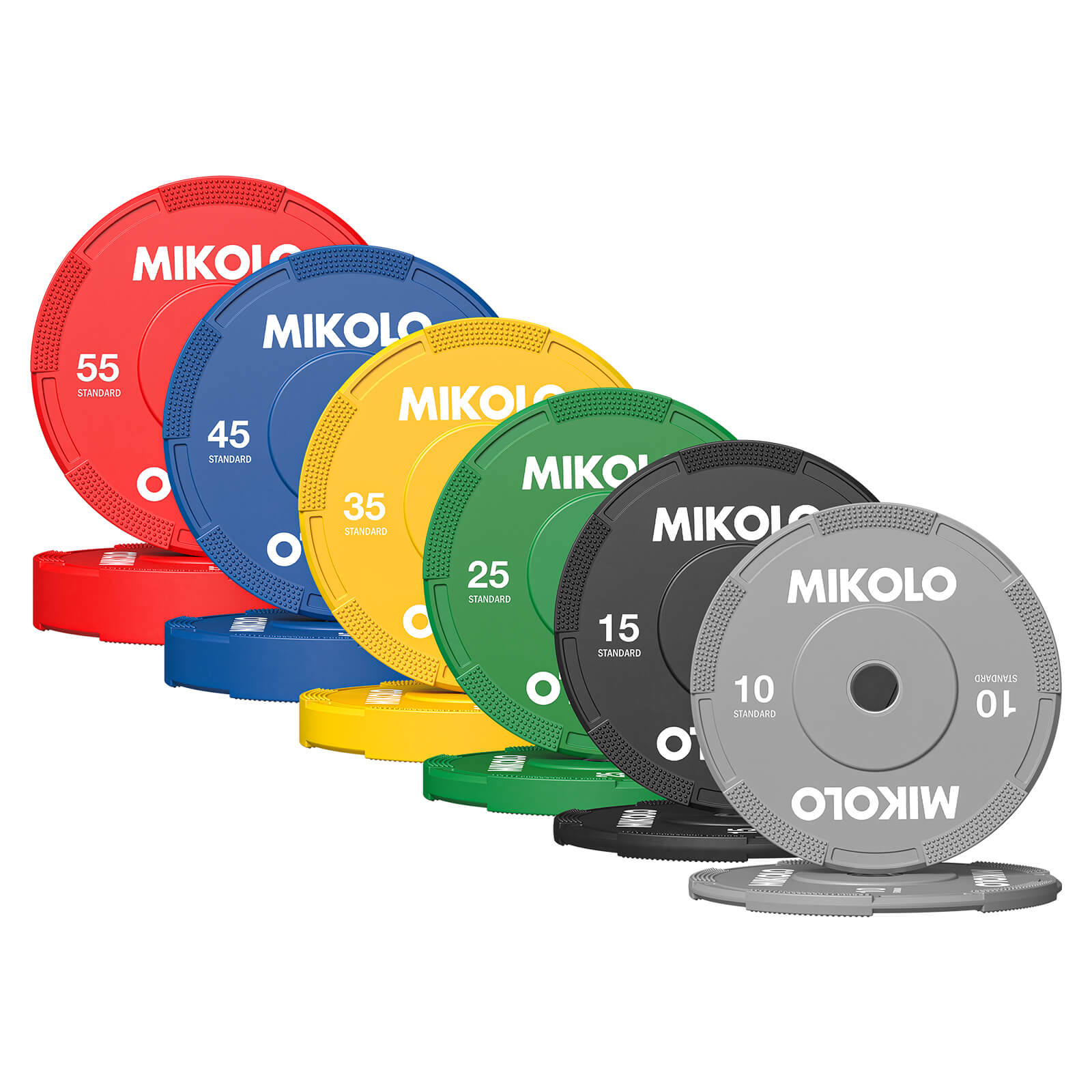

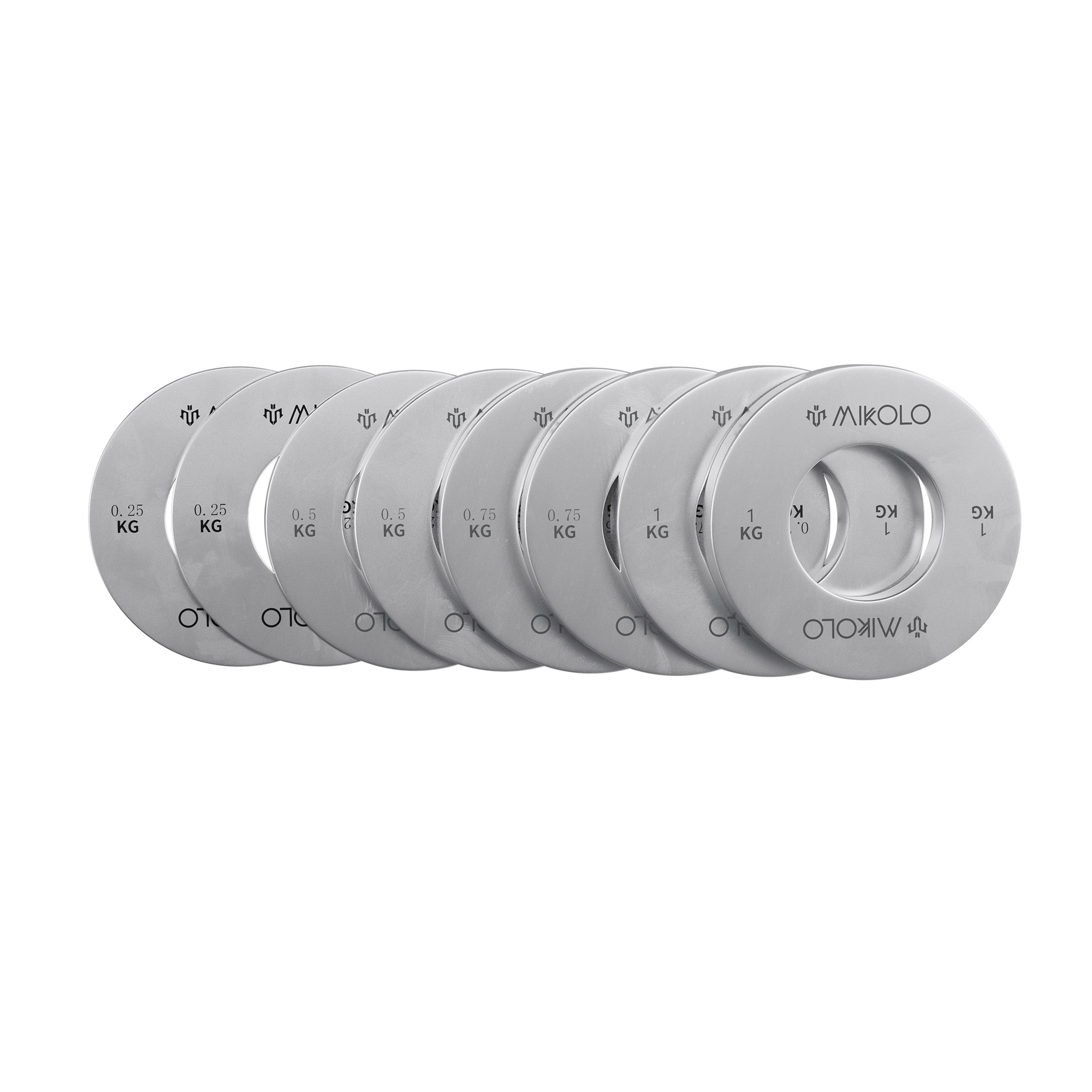









Leave a comment
This site is protected by hCaptcha and the hCaptcha Privacy Policy and Terms of Service apply.